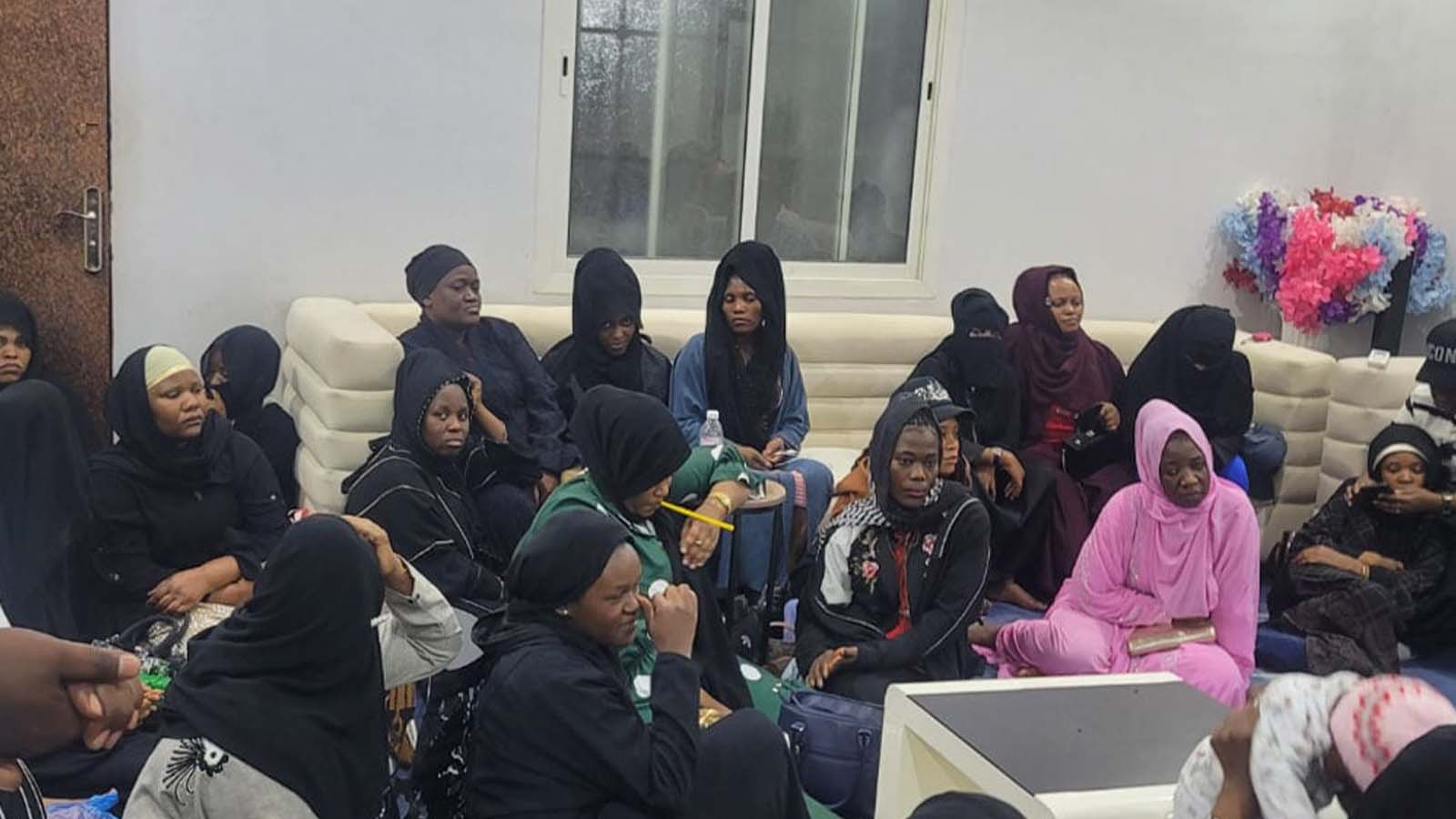Uganda is taking significant steps to improve the traceability of its migrant workers, particularly those employed in the Middle East. The Ministry of Gender, Labour, and Social Development (MoGLSD) is working on establishing a centralised database of migrant workers, a move expected to address the challenges of monitoring their conditions abroad and supporting their reintegration upon their return.
The Committee on Gender recently reported that Uganda has seen a surge in labour migration to the Middle East, with estimates suggesting over 165,000 Ugandans are currently employed in the region. The report was presented by the Committee Chairperson, Hon. Agnes Kunihira, during a plenary session on April 10, 2025. However, the growing number of workers has come with its own set of challenges, particularly for those in the Middle East, where reports of abuse, exploitation, and poor working conditions are common.
A report by the Uganda Association of External Recruitment Agencies (UAERA) indicated that many Ugandan migrant workers, especially domestic workers, face severe mistreatment in host countries. Some of the most common issues reported include physical and verbal abuse, underpayment or non-payment of wages, and hazardous working conditions. Additionally, cases of sexual harassment and human trafficking have been documented, with a particularly alarming increase in such incidents over the past few years.
In response to these challenges, Minister of State for Gender (Disability Affairs), Hon. Hellen Asamo, explained that while the database is being set up, the Ministry of Finance, Planning, and Economic Development must allocate funds for the activity in the 2025/2026 budget.
“We did not get the money to continue with the process in this financial year, and we pray that it is provided so that we continue with the process,” Asamo stated.
The Committee has recommended the allocation of resources to fast-track the implementation of this centralized database, emphasizing the importance of tracking migrant workers and ensuring their well-being abroad. This move aims to combat major challenges such as the mistreatment and abuse of workers, particularly in the Middle East. Additionally, the Committee highlighted that some Ugandans are being illegally recruited for work, making them vulnerable to trafficking and exploitation.
In response to these issues, Asamo mentioned that a new center within the Ministry has been established to handle migrant workers’ complaints. “Two weeks ago, we launched an area where we shall be listening to the issues of migrants, and staff have already been recruited,” she said.
Additionally, Hon. Noeline Kisembo of Kibaale District referenced the case of a Ugandan woman, Teddy Namata, who died in Saudi Arabia. Namata had travelled to the country in 2022, but the company that processed her travel had since closed. Kisembo highlighted that the family was struggling with the financial burden of repatriating her body, which would cost Shs16 million. She urged the Ministry to establish a migrant worker’s support fund, as recommended by the Committee.
Deputy Speaker Thomas Tayebwa encouraged the Ministry to negotiate for a minimum income rate for migrant workers, pointing to Kenya as an example. He shared that many Ugandan migrant workers in Dubai had expressed concerns about earning less than their Kenyan counterparts.
“The government needs to negotiate for its citizens, as Kenya does, so that our people can earn more,” Tayebwa said.





